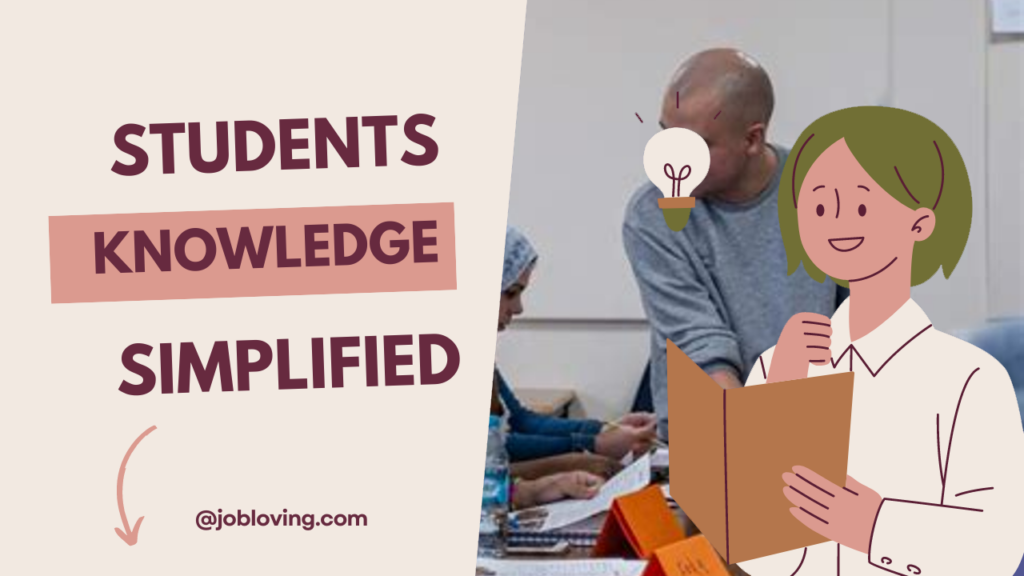Can I Study While on Asylum? A Comprehensive Guide for Asylum Seekers
Education opens doors to new opportunities, and for many asylum seekers in the United States, the pursuit of higher education is a vital component of building a stable future. But can you study while on asylum? The simple answer is: yes! However, the journey is layered with conditions and requirements that individuals must navigate wisely. So, let’s dive deep into this topic and explore the ins and outs of studying while on asylum.
Understanding Asylum Status
To embark on this educational journey, one crucial piece of information to keep in mind is that asylum seekers can only enroll in colleges and universities in the U.S. if they have a pending asylum application. This means that you need to have filed Form I-589, the Application for Asylum and for Withholding of Removal, and possess an official receipt from United States Citizenship and Immigration Services (USCIS). Without this pending application status, the path to education could become rocky.
The Benefits of Education for Asylum Seekers
Education is not just a matter of personal growth; it represents a beacon of hope and stability for many asylum seekers. While awaiting the outcome of their asylum applications, individuals can gain valuable skills, boost their employability, and build a social network.
- Personal Development: Studying allows individuals to expand their horizons and understand the cultural and academic landscape of their new home.
- Future Employment: Acquiring a degree or vocational certification significantly enhances job prospects once they receive their asylum status.
- Community Engagement: Being a part of an academic institution provides asylum seekers with an opportunity to integrate into society and broaden their social circles.
Navigating the College Application Process
So, how can asylum seekers initiate the college application process? Here’s a step-by-step breakdown:
- Clarify Your Immigration Status: Before applying, ensure clarity about your immigration status to tailor your application and financial aid options accordingly.
- Prepare Required Documents: Asylum seekers typically need to submit a variety of documents, including transcripts, personal statements, letters of recommendation, and translated diplomas. It’s important to check the specific requirements of each institution.
- Meet Deadlines: College application deadlines for asylum seekers frequently range from August to February for programs starting the following September. Staying organized and ahead of deadlines is essential.
- Seek Guidance: Admissions counselors can be invaluable allies in navigating the complexities of applying to college while on asylum. They can help explain institutional requirements and assist with gathering the necessary information.
Financial Aid for Asylum Seekers
Finances can be daunting for asylum seekers pursuing education, especially considering the possible limitations on work authorization. However, there are pathways to financial aid available:
- State Aid: Some states offer financial aid specifically for asylum seekers, allowing them to qualify for resident tuition rates.
- Scholarship Opportunities: Various organizations provide private scholarships for refugees and asylum seekers. Research these options diligently to maximize funding opportunities.
- Federal Financial Aid: Although asylum seekers may face restrictions with FAFSA until their status is approved, securing a valid I-94 document is crucial for accessing certain federal financial aids.
- Work-Study Programs: Some schools may have work-study programs tailor-fit for asylum seekers, which can ease the financial burden.
Challenges Asylum Seekers May Face
Even as asylum seekers prepare to study, they may encounter several hurdles along the way:
- Work Restrictions: Until asylum status is approved, individuals may not be authorized to work in the U.S., making it difficult to fund their education independently.
- Tuition Fees: Certain institutions may classify asylum seekers as out-of-state students without approved immigration status, resulting in higher tuition rates.
- Course Credit Recognition: Some asylum seekers may find that their previous course credits are not recognized, necessitating retaking courses.
Clarifying Immigration Status
This process isn’t just about filling out forms; it requires a clear understanding of your current immigration status. Asylum seekers must ensure they clarify their status during college applications, particularly since some paths, like the F1 visa, may not be accessible due to pending claims.
It’s essential to remember that a frivolous asylum claim could result in a lifetime ban from entering the U.S. Therefore, you should approach your application strategy with care and seek legal advice when needed.
Support from the Community
Educational aspirations do not have to be tackled alone. Many community organizations know the challenges faced by asylum seekers and can provide necessary resources. Consider connecting with:
- Non-Profits and NGO Organizations: These groups often have dedicated programs to assist refugees and asylum seekers with educational services.
- University Programs and Services: Many campuses have support networks tailored for international and refugee students to help with acclimatization.
- Local Academic Support Centers: These centers may offer free tutoring and workshops that can help asylum seekers succeed academically.
Pursuing Your Dreams While Awaiting Asylum Approval
The pursuit of education while waiting for asylum approval is not merely about ticking boxes—it enhances the overall well-being of individuals and helps them build a brighter future. Many colleges and universities welcome students regardless of immigration status, acknowledging the need for education as a stepping stone to recovery and new beginnings.
Conclusion
Ultimately, “Can I study while on asylum?” is a multi-layered question that many may ask. The answer is a resounding yes, but with strings attached. Navigating the college application process, understanding financial aid, and facing challenges head-on requires thorough research, a clear understanding of immigration status, and support from community resources.
For asylum seekers, education represents empowerment, resilience, and a path to a flourishing future. Embarking on this journey may require patience and planning, but the rewards can lead to valuable skills and greater opportunities for all involved. Remember, the right support, preparedness, and determination can set the stage for a successful educational experience even amidst uncertainty.
So, if you’re an asylum seeker contemplating your educational pursuits, take that leap of faith and explore the avenues available to you—your future is waiting!

